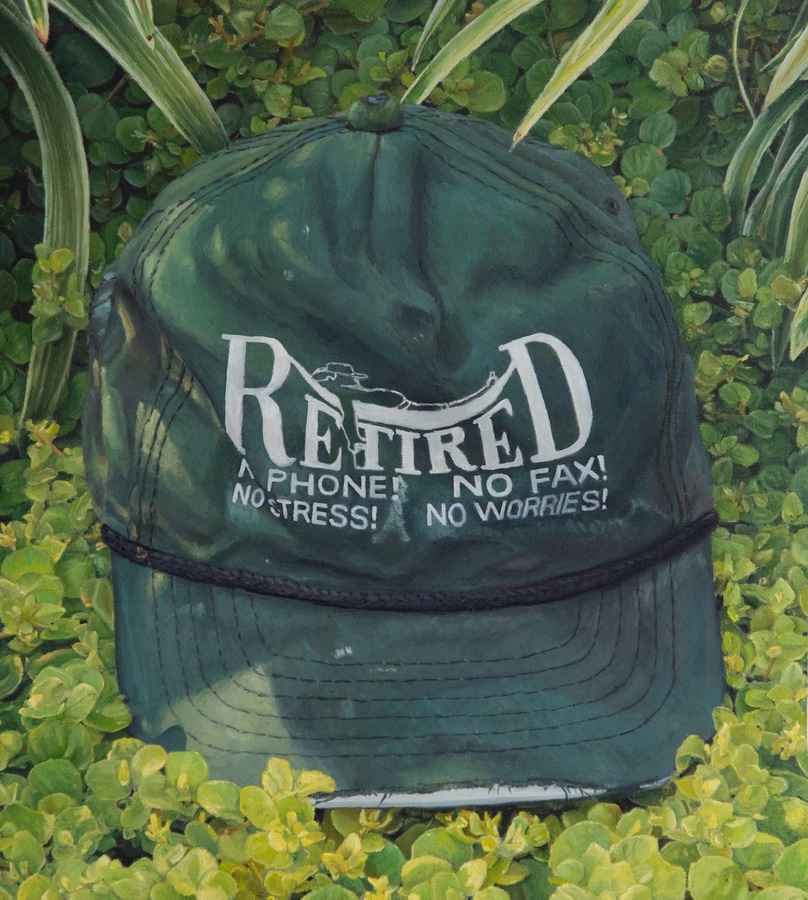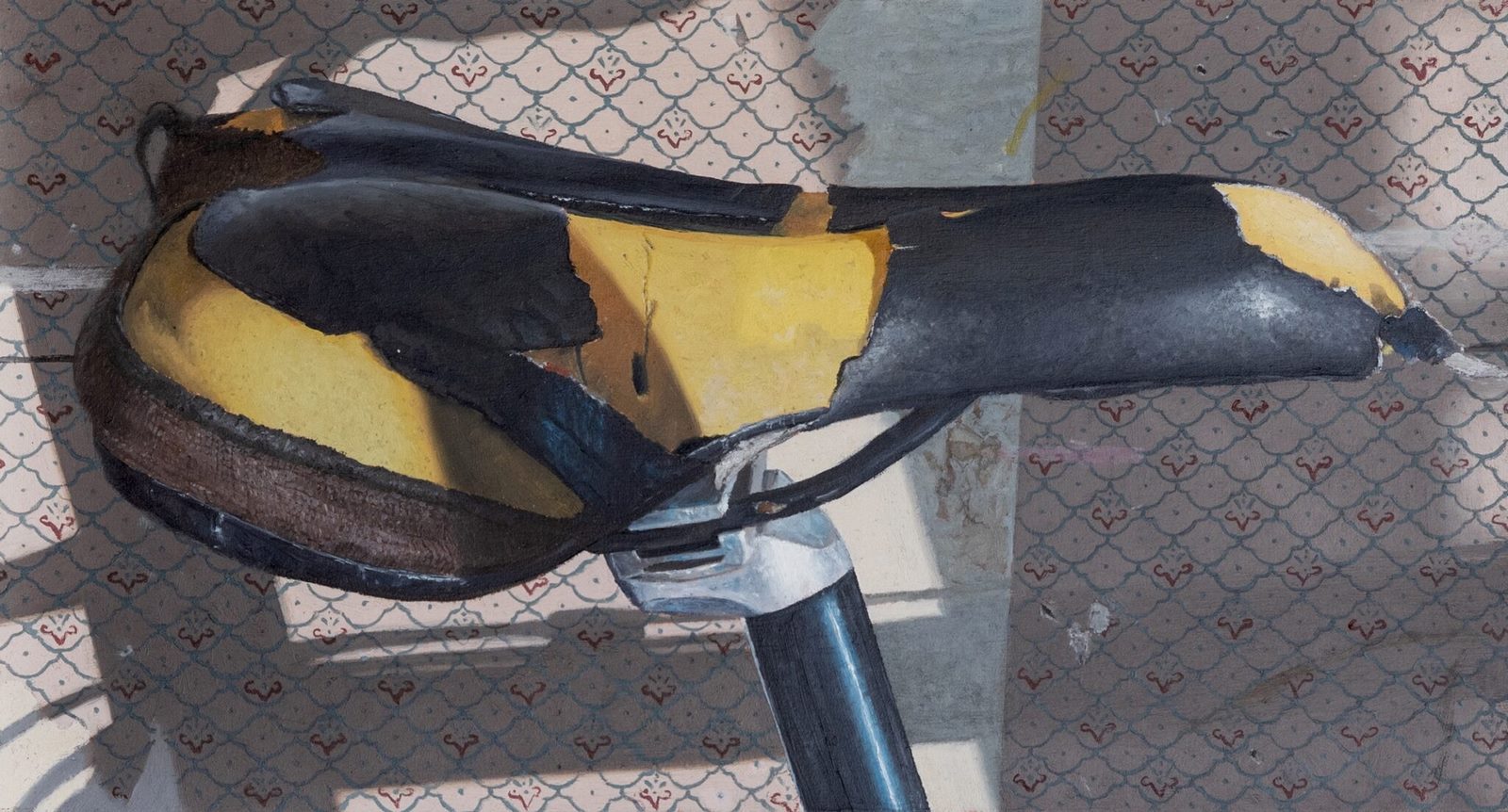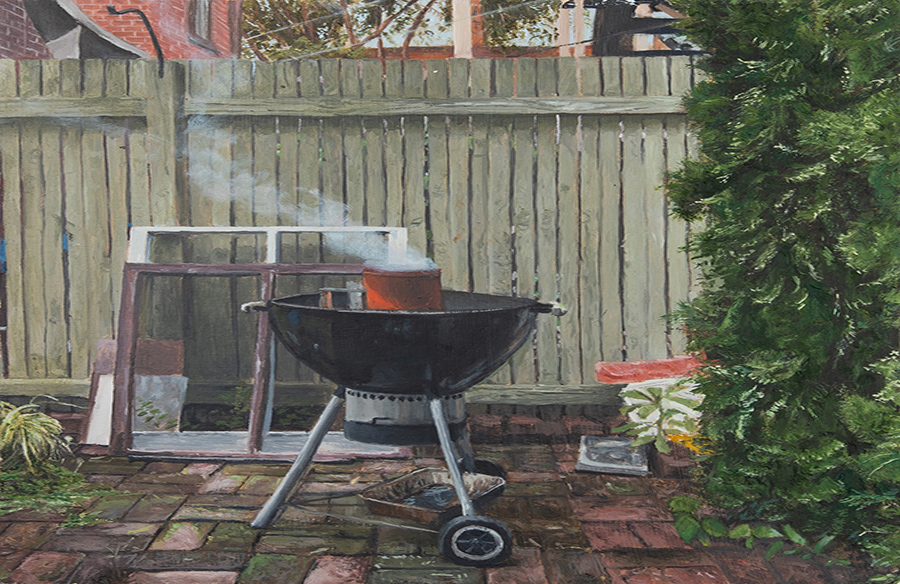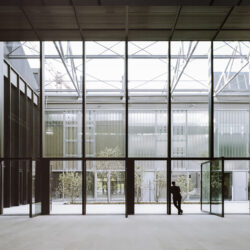Challenging the Status Quo
In his recent painting series titled “Not Sorry We’re Closed,” artist Brian Depauli, hailing from Saint Louis, Missouri, delves into a thought-provoking exploration of the prevailing “live-to-work” mentality in American culture. Depauli confronts the cultural and environmental repercussions of this relentless work-centric ethos, bringing attention to the potential impacts on both physical and mental well-being. The inspiration for this series draws from the insights of the eminent economist John Maynard Keynes, particularly his essay titled ‘Economic Possibilities for Our Grandchildren.’

Keynesian Vision for the Future
Keynes, in his prophetic essay, envisioned a future where, by 2030, the standard of living would experience a substantial increase. Liberated from the shackles of want and free from the relentless pursuit of consumption for its own sake, individuals would find themselves working no more than fifteen hours per week. The surplus time, according to Keynes, would be dedicated to leisure activities and cultural pursuits. Brian Depauli’s artistic vision encapsulates the realization of Keynes’ prediction, offering a glimpse into a world where the balance between work and life has been successfully recalibrated.
The Evocative Artistic Narrative

Through his paintings, Depauli paints a vivid picture of a society that has embraced a transformed approach to work and life. The closed signs depicted in his art symbolize a departure from the conventional 24/7 work culture, inviting viewers to contemplate a different, more balanced existence. The artist’s work serves as a visual commentary on the profound societal shifts necessary to break free from the relentless pursuit of work at the expense of holistic well-being.
Imagining a Transformed World
In Depauli’s envisioned world, the closure of businesses is not a sign of economic downturn but rather a deliberate choice to prioritize the quality of life over ceaseless productivity. The paintings challenge the viewer to question the existing norms and consider the possibility of a society that places a premium on leisure, creativity, and cultural enrichment. By offering this alternative perspective, Depauli encourages a reevaluation of societal values and norms surrounding work.

A Call for Reflection and Change
“Not Sorry We’re Closed” stands as a compelling artistic statement, prompting reflection on the profound societal implications of our work-centric culture. Brian Depauli’s work echoes the sentiment that a recalibration of priorities, as envisioned by Keynes, could lead to a more fulfilling and harmonious way of life. As viewers engage with these paintings, they are invited to contemplate the transformative power of embracing a future where individuals are not sorry to be closed, signifying a conscious choice to value life outside the confines of perpetual work.
Brian Depauli’s artistic endeavor challenges us to reimagine our relationship with work and leisure, urging us to consider a future where closure becomes a symbol of liberation rather than economic decline. “Not Sorry We’re Closed” beckons us to envision a society that cherishes the richness of life beyond the confines of the workplace, sparking a dialogue on the possibilities of a more balanced and fulfilling existence.























